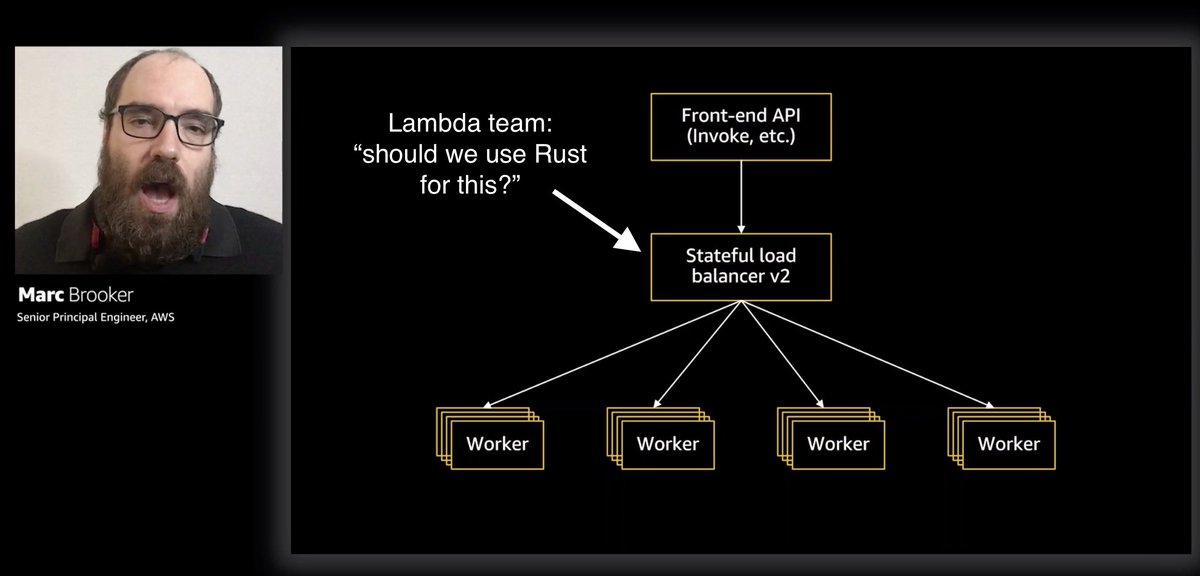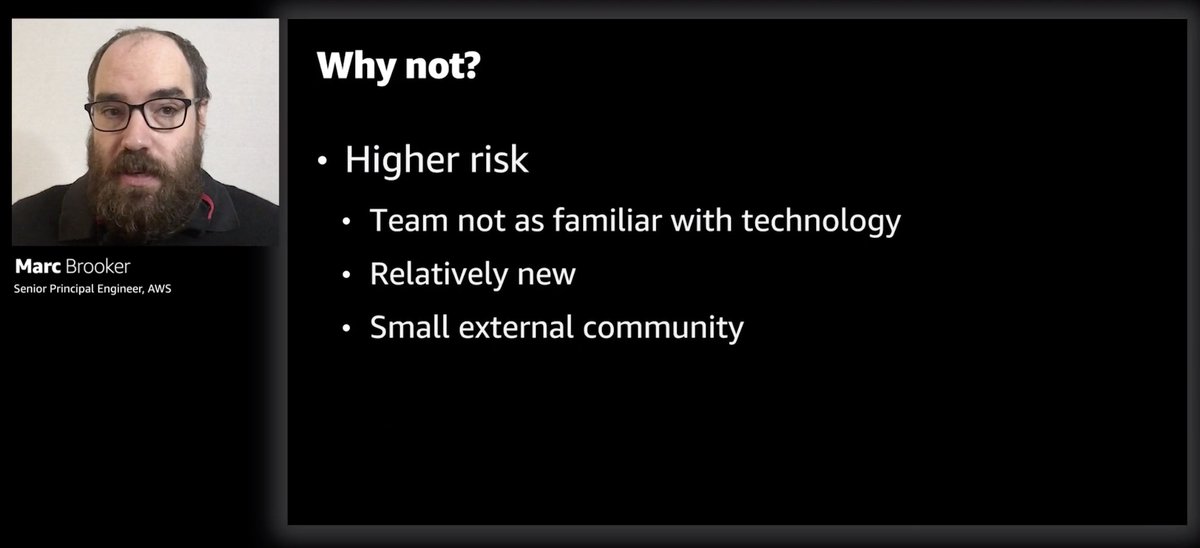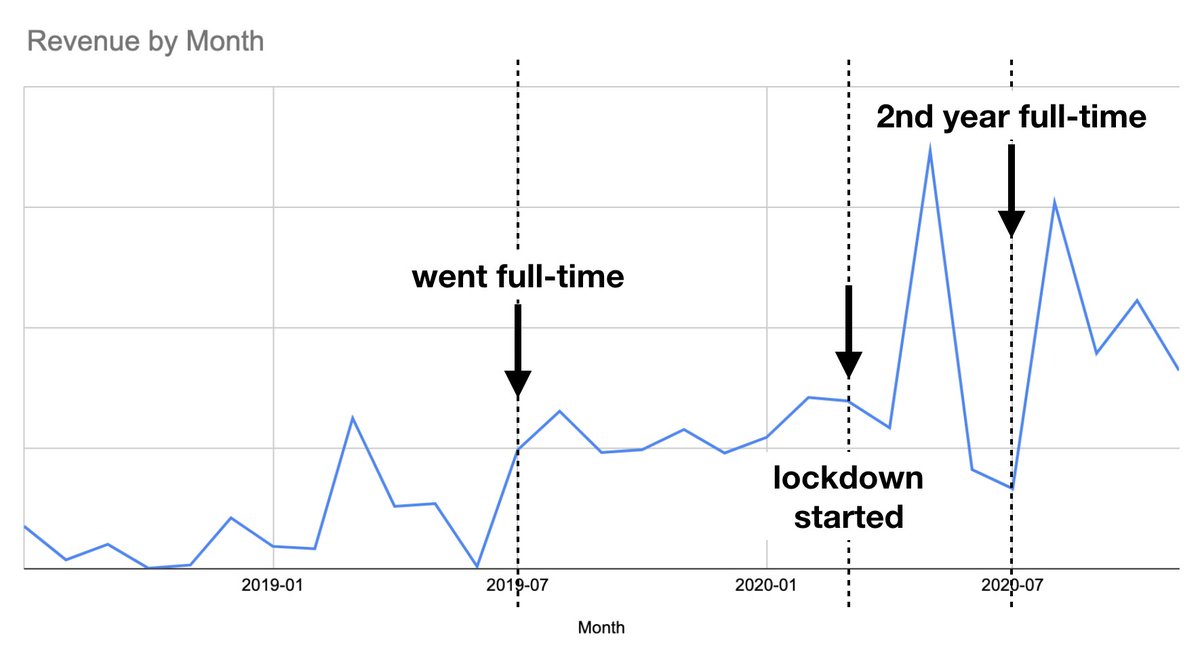
Given all the excitement over Lambda's per-ms billing change today, some of you might be thinking how much money you can save by shaving 10ms off your function.
Fight that temptation 🧘♂️until you can prove the ROI on doing the optimization.
#serverless #aws #awslambda
Fight that temptation 🧘♂️until you can prove the ROI on doing the optimization.
#serverless #aws #awslambda
The moral of this tweet is as relevant now as ever:
Assuming $50 (which is VERY conservative) per dev per hour, it would have taken them 40 months to break even on just having the meeting, before writing a single line of code!
https://twitter.com/ctudball/status/1084944556783656960
Assuming $50 (which is VERY conservative) per dev per hour, it would have taken them 40 months to break even on just having the meeting, before writing a single line of code!
With the per-ms billing, you're automatically saving on your Lambda cost already, by NOT having your invocation time rounded up to the next 100ms.
Unless you're invoking a function at such high frequency, those micro-optimizations won't be worth the eng time you have to invest.
Unless you're invoking a function at such high frequency, those micro-optimizations won't be worth the eng time you have to invest.
Remember, your time is money, and your time is probably the most expensive and valuable resource for your company. Use it to solve more expensive and valuable problems.
• • •
Missing some Tweet in this thread? You can try to
force a refresh









